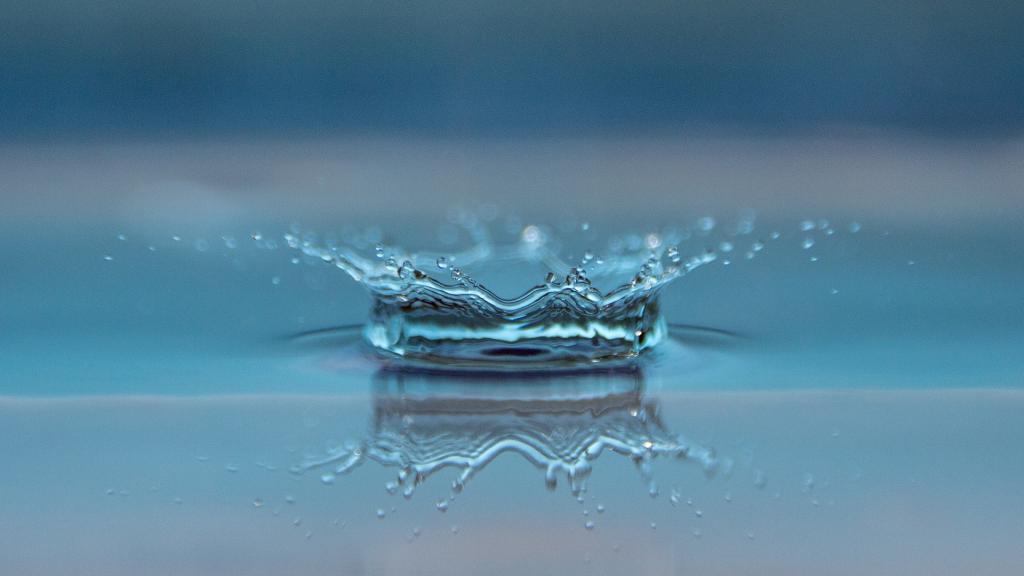EU joins forces with the International Community to Deliver a Water Action Agenda to Ensure the Availability and Sustainable Management of Water and Sanitation for All

To ensure that water and sanitation are available and sustainably managed for everyone, the European Union (EU) has collaborated with the international community to present a Water Action Agenda at the UN Water Conference on World Water Day. The EU has announced 33 commitments that reflect its vision for a world that can withstand water stress and offer water security to all.
On March 22nd, the United Nations marked World Water Day, which has been observed annually since 1993 to raise awareness of the global water and sanitation crisis caused by overuse and mismanagement of water resources. Nearly 40% of the world's population lives in areas affected by water stress, and the increasing frequency and intensity of droughts and floods present new challenges for the availability and sustainable management of water and sanitation.
The European Union (EU) announced 33 commitments at the UN Water Conference in New York City on March 23rd and 24th to ensure water security and sustainable management of water resources for all. These commitments include improving access to water and sanitation for 70 million people worldwide, reducing water use, and increasing the restoration of rivers in the EU. Additionally, the EU aims to reduce ocean pollution and improve citizen engagement, innovation, and investment in water-related projects.
The commitments draw upon several policy actions, EU laws, leading water technologies, and extensive support to partner countries on water and sanitation. Some highlights include:
- Supporting improved access to water and sanitation for 70 million people worldwide;
- Securing safe drinking water in the EU and enhancing the availability of tap water in public spaces;
- Reducing water use in the EU by setting water-saving standards for products and developing non-conventional supplies, such as the reuse of treated water for agricultural irrigation or desalinization;
- 50% reduction of pesticides, nutrients, antimicrobials, and plastic litter at sea as well as a 30% reduction in microplastics;
- Increasing research and innovation, citizen engagement, and blue investments
- Increasing the restoration of rivers in the EU;
- Increasing the resilience of society to floods, droughts, and sea level rise by improving risk management, preparedness, and response;
- Reducing greenhouse gas emissions in water management, among others, by reducing the energy needs of urban wastewater treatment plants;
- Improving transboundary water cooperation, supported by Global Gateway investments.
The International Commission for the Protection of the Danube River (ICPDR) supports the UN's commitment to sustainable water resources management in the Danube Basin. The ICPDR and its contracting parties aim to work together to conserve, improve, and rationalize surface waters and groundwater use, control pollution, and reduce hazardous substances' inputs. While the water quality in the Danube has improved over the years, much work still needs to be done to meet the region's water status goals, as water resilience is essential to prevent and address current and future health, food, and energy crises.
Source: Press release UN Water Conference (europa.eu)
Links:
Full list of commitments Search results - Consilium (europa.eu)
EU at UN Water Conference website





